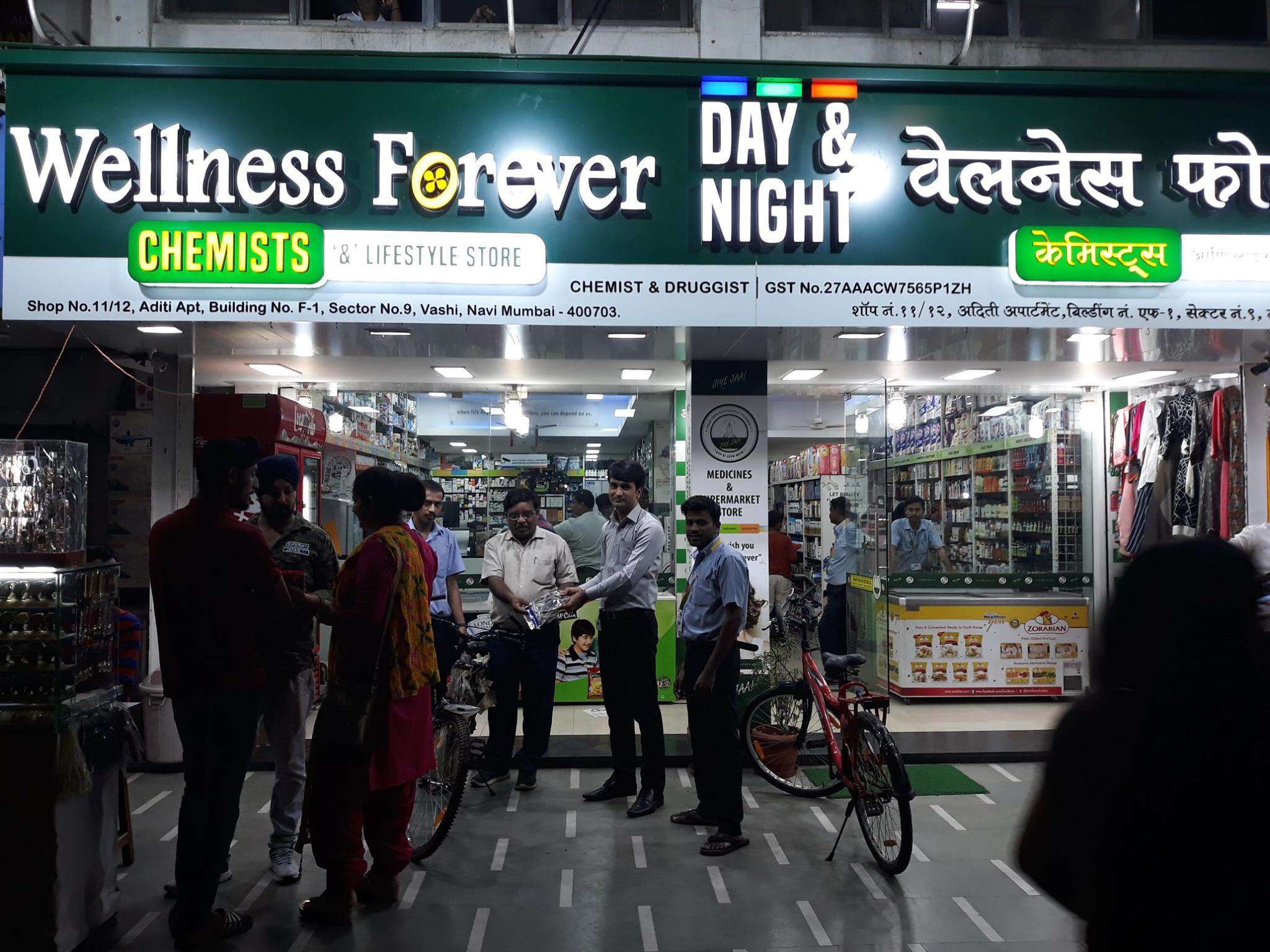A drug retail chain grew astonishingly from ₹8 crores a year to ₹1000 crore without the MSME tag
A drug retail chain grew from ₹8 crores a year to ₹1000 crore without the MSME tag
Wellness Forever owned an annual turnover of ₹8 crores in 2008 when it was established. Gulshan Bakhtiani, director of the organization, revels his struggle of having developed the company without the MSME tag. Wellness Forever has above 160 centers, and most of them are situated in Mumbai.

The success story of Wellness Forever
Wellness Forever, an Indian drug retail chain and a Medtech platform at present, had an annual turnover of ₹8 crores in 2008, when established. At present, the yearly revenue is near to ₹1000 crore ($133.3 million). The co-founder, Gulshan Bakhtiani, said he made this miraculous adventure without the tag or benefits of being a micro, small, and medium enterprise (MSME) in India.
This may not be an alternative for most small businesses or MSME owners who may not be from the urban cities or do not have an introduction to the rich or privileged. However, the experience of Bakhtiani has some differences and valuable lessons to understand ground certainties and various approaches to uplifting small businesses.
Problems are many, but you need to find every solution!

Bakhtiani smiled and told that he recognized popular advice in his preceding years. “Let’s not expand your business away ₹40 lakh, because, away ₹40 lakh, they would tell. This is because, behind a certain revenue, MSMEs’ capital has to be reviewed by a CA”. Bakhtiani is a chartered accountant apart from being the director of the company.
There is a thriving noise for extra support for India’s millions of MSMEs fighting to survive through the COVID-19 pandemic and the following lockdown. On May 13, the Indian government approved companies up to a revenue of ₹100 crores to be ordered as MSME for subsidized loans and unusual approach for tenders worth up to ₹200 crores.
The banks are partial in giving loans
The banker is allowing the loans are seeing at many more extra things another than these descriptions and inceptions.

The banks favor bigger businesses with more assets available for security. “Once you study at the statistics, more than 95% of the businesses in the MSME sector are in the micro limit, and 98% of them employ fewer than 10 people. But the bane of the industry remains to be the loss of capital. If your creditworthiness is great, you’ll get these loans. But we need to discuss the issues – what’s going inside with the companies that are not ready to maintain the working capital cycle,” stated Anupam Prasad of AP Law Chambers.
The businessman needs to have useful contacts with bankers
Existing contacts with banks affect loan applications, and many small companies in the MSME sector, especially the micro ones, still stay apart from banks as much as they can. “A businessman just wants to generate revenue, and he doesn’t understand terms like debt, debt-equity ratio, or more,” Wellness Forever is supported by the family offices of various high net worth individuals that include Adaar Poonawalla.
There is an obstacle with the banker and indeed so. There are two parts to the way businesses operate today. Firstly, an equity part that a promoter pays in and a debt that the firm makes. Secondly, there exist promoter money and the money from the bank in the business. Now, the dilemma in the ecosystem is that the limits are blurred. Sunil Daga, Sr EVP, and Head, Business Lending solutions at Kotak Mahindra Bank said, for MSMEs to develop, they should have streets to raise equity.”
According to Bakhtiani, the resolution is for banks to attend financial literacy courses and, probably, a ‘lender maturity program’.
The aspiration to leave the comfort zone
Most small businesses are formed about the little plans and projects of budgets and working capital. Developing more important would suggest missing any of the benefits, and, for many, it’s a matter of survival. “MSMEs should internally determine the time for which they want to be in one proper support. This time structure will assist them in planning better,” he suggested.

It’s simpler said than achieved for many; it’s a good thought for those who aspire. In 2008, Wellness Forever began with three stores. Today, it has over 160 centers, though most of them are situated in Mumbai, where Bakhtiani live. But the company has strategies to mount up the business to 400-500 stores in the upcoming two years.



